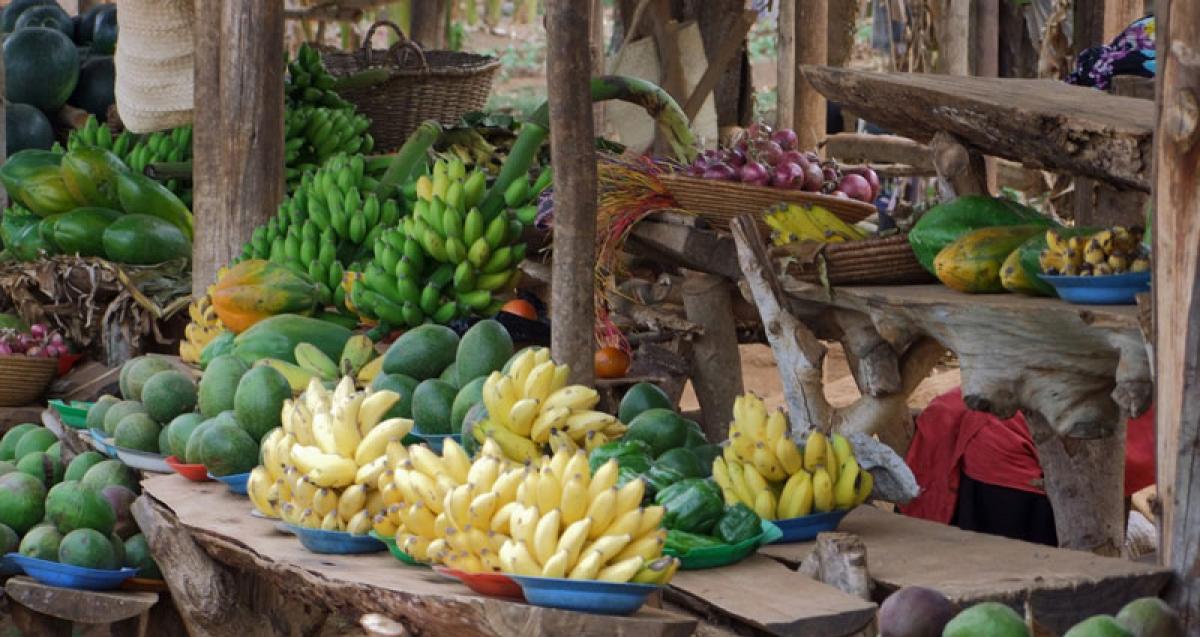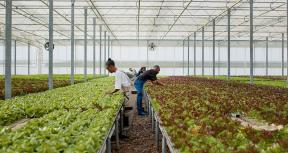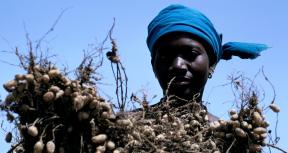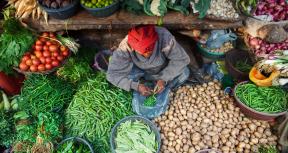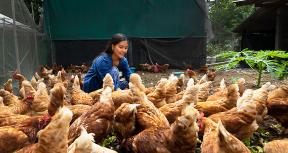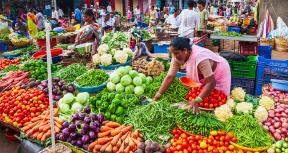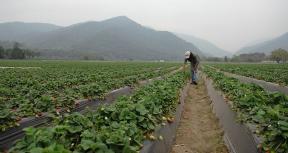Well-functioning agrifood systems have an important role to play in increasing food security and advancing sustainable development, especially in low-income countries (LICs). They are vital for achieving a number of the sustainable development goals (SDGs), including ending hunger, malnutrition, and poverty, and addressing climate change. In low-income countries (LICs), agrifood systems account for more than 30 percent of the gross domestic product (GDP) and generate about 70 percent of all jobs.
Agrifood systems comprise the actors engaged in agriculture and the related food industry and services, the activities they perform, and the enabling environments (policies, standards, and investments) that shape their dynamic development.
Agrifood systems, however, face many challenges that put inclusive growth and sustainable development at risk. The Bank Group provides support to its clients to make agrifood systems more productive, inclusive, and sustainable. This new report by IEG explores how relevant and effective the Bank Group’s support to client countries has been on agrifood system development (AFSD) between 2010 and 2020. The report explores the challenges that agrifood systems face and offers recommendations for improving Bank Group support to clients in meeting them.


